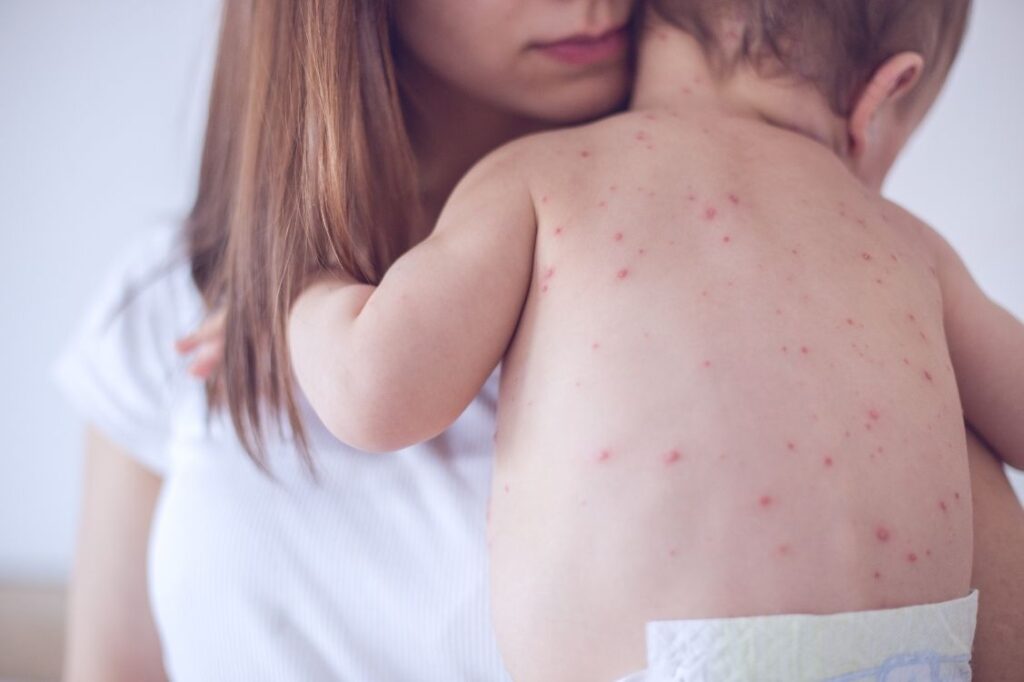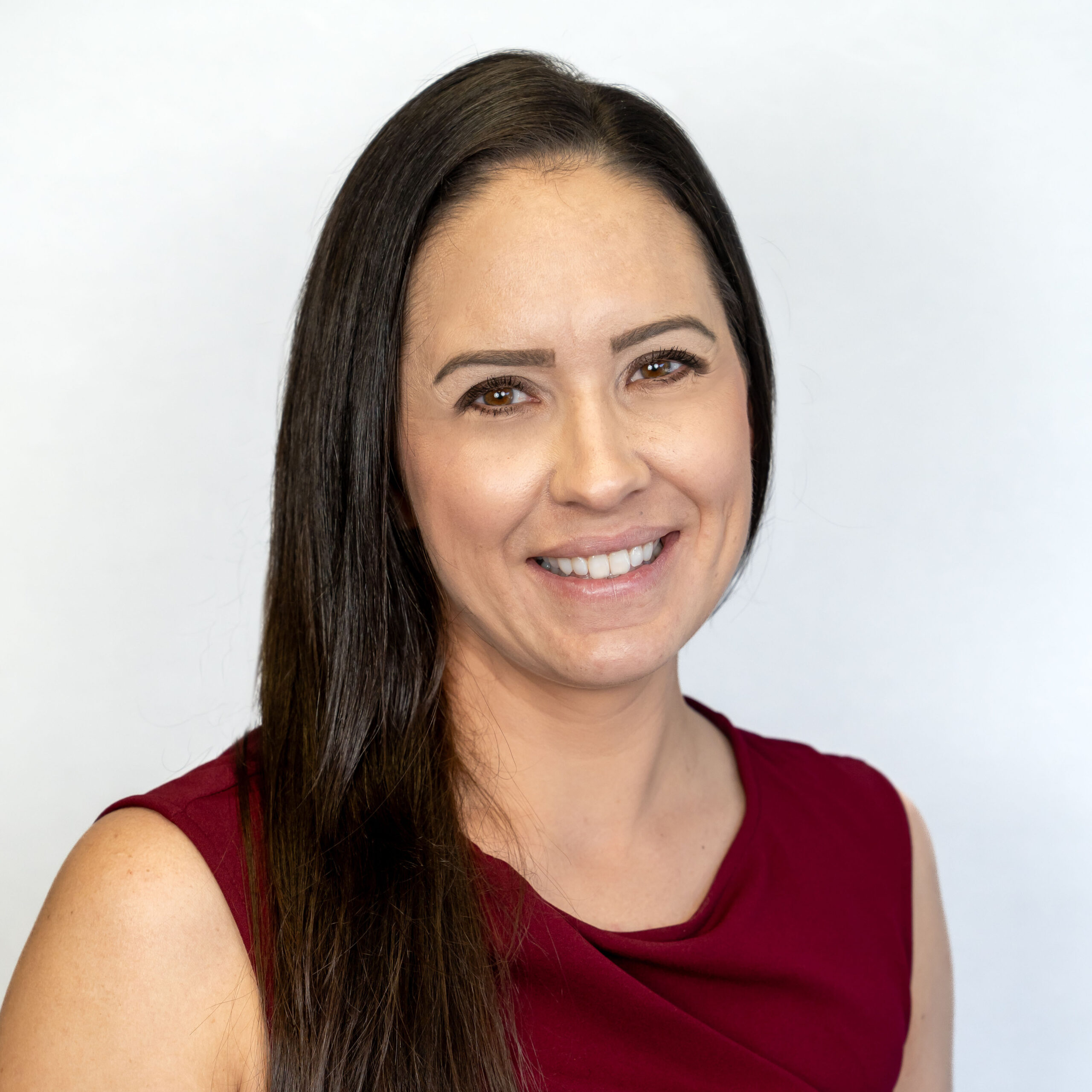What Every Parent Should Know About Protecting Their Children from Illness

Parents want the best for their children — and keeping them safe from serious illness is at the top of the list. Vaccines are one of the most effective tools we have to protect kids from diseases that used to cause life-threatening complications, hospitalizations, and even death.
Four vaccines are especially critical in early childhood because they guard against diseases that can progress quickly and be very dangerous: Hib, Pneumococcal, Chickenpox, and Hepatitis B. Here’s what parents should know.
“Parents ask great questions — and it’s my job to give clear, honest answers about vaccines,” shares Dr. Wendy Lockhart, Chief of Pediatrics at Brevard Health Alliance.
Book Your Appointment Today:
Call or Text
321-241-6800
Hib (Haemophilus influenzae type b)
The risk: Hib bacteria used to be the leading cause of bacterial meningitis in children under 5. It can also cause bloodstream infections, pneumonia, and severe throat infections (epiglottitis). These illnesses move fast and can be life-threatening.
The difference vaccination made: Since the Hib vaccine was introduced in the late 1980s and early 1990s, rates of invasive Hib disease have dropped by more than 99%. Many pediatricians practicing today have never seen a single case.
The schedule: Babies typically receive Hib shots at 2, 4, and (sometimes) 6 months, with a booster at 12–15 months.
Lockhart stated, “Hib went from being a feared illness to almost unheard of — thanks to vaccination.”
Pneumococcal (PCV13 or PCV15)
The risk: Pneumococcal disease is caused by Streptococcus pneumoniae bacteria. It can lead to meningitis, pneumonia, ear infections, and bloodstream infections. These complications can be very severe, especially for babies and toddlers.
The difference vaccination made: Before the pneumococcal vaccine, tens of thousands of U.S. children were hospitalized each year. Since its introduction, severe infections have dropped significantly.
The schedule: Doses are given at 2, 4, 6, and 12–15 months of age.
“This vaccine dramatically reduced serious ear infections and meningitis caused by pneumococcus,” explains Dr. Lockhart. “It’s made a real difference in how often we see these complications.”

Chickenpox (Varicella)
The risk: Chickenpox is sometimes thought of as a mild illness, but before the vaccine it could cause skin infections, pneumonia, encephalitis (brain inflammation), and hospitalizations.
The difference vaccination made: Since the vaccine became routine in 1995, chickenpox cases in the U.S. have dropped by more than 90%. Children who do get the illness usually have a much milder form.
The schedule: The vaccine is given in two doses: the first at 12–15 months and the second at 4–6 years.
“The chickenpox vaccine turned what used to be a near-universal childhood illness into something most kids today will never experience,” said Dr. Lockhart.
Hepatitis B
The risk: Hepatitis B is a virus that affects the liver and can cause both acute and lifelong infection. Babies and children who get infected are much more likely than adults to develop chronic disease, which can lead to cirrhosis or liver cancer later in life.
The difference vaccination made: Routine vaccination has drastically reduced new Hep B infections in children. Without the vaccine, babies can catch the virus during birth or early childhood without showing symptoms until years later.
The schedule: The first dose is given at birth, followed by doses at 1–2 months and 6–18 months.
“Hepatitis B prevention starts right at birth,” said Dr. Lockhart. “This vaccine protects children from a virus that can affect them for life.”

Common Questions Parents Ask
Are these vaccines safe?
Yes. These vaccines have been used for decades, and their safety records are excellent. Most side effects are mild, like temporary soreness or fussiness.
Why do we still need them if these diseases are rare?
These diseases are rare because vaccines keep them that way. Without vaccination, the illnesses can spread again.
What if my child is behind on shots?
Don’t worry — pediatricians can follow a catch-up schedule to make sure your child gets protected.
“There’s no judgment if your child is behind,” reassures Dr. Lockhart. “The important thing is that we can always catch up and get them protected.”
Final Word from Your Pediatrician
Vaccines like Hib, Pneumococcal, Chickenpox, and Hepatitis B are some of the quiet heroes of modern pediatrics. They transformed once-feared illnesses into rare conditions, keeping today’s children safer and healthier.
If you have questions about your child’s vaccine schedule, talk to your pediatrician at their next well-child visit. We’re here to guide you and help keep your child protected.

Wendy Lockhart is our Chief of Pediatrics and a Board Certified Pediatrician providing care to our young patients. She holds a Doctor of Medicine Degree from the University of South Florida and completed her Residency at Greenville Hospital System in Greenville, South Carolina.













































































































































